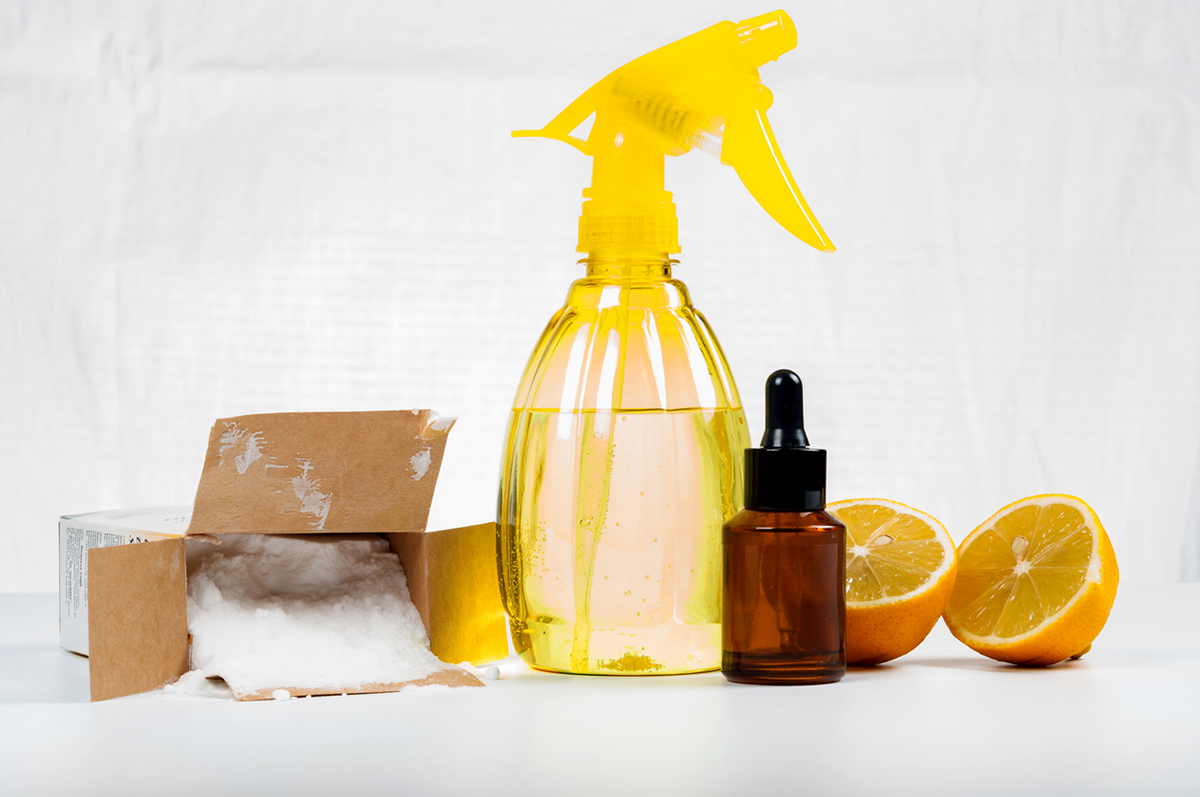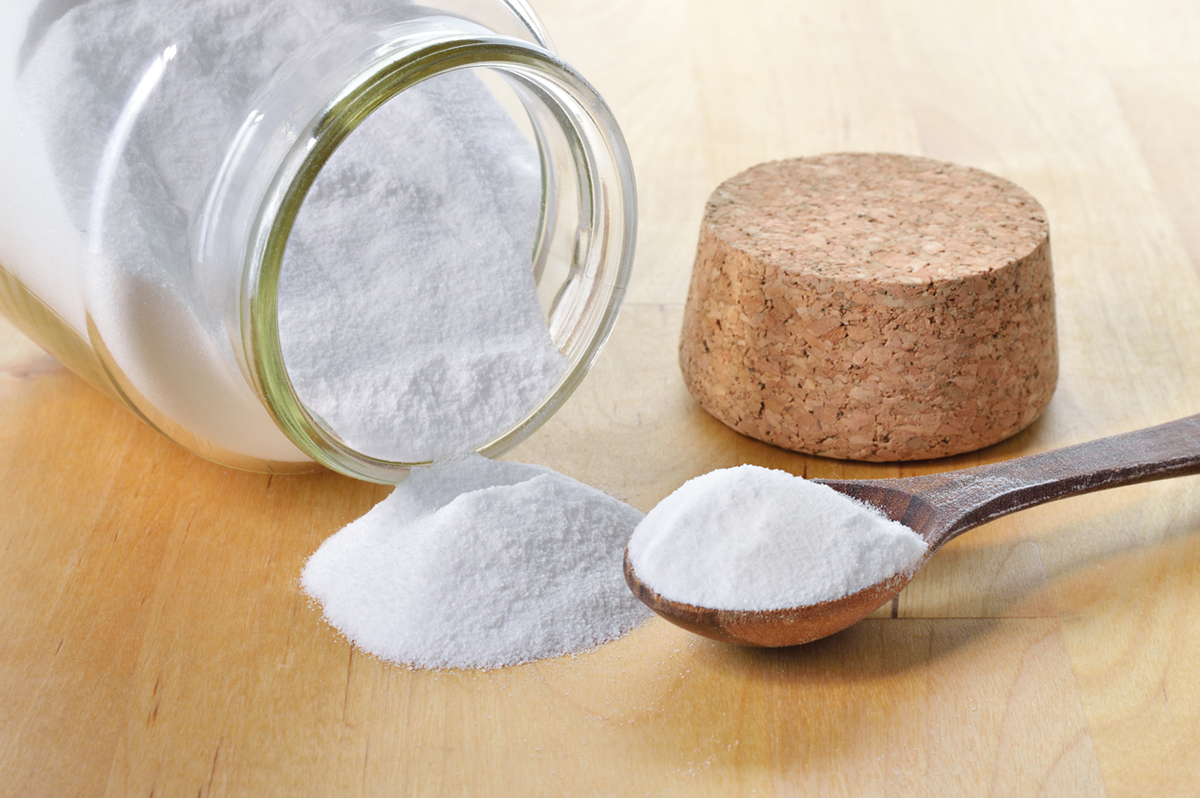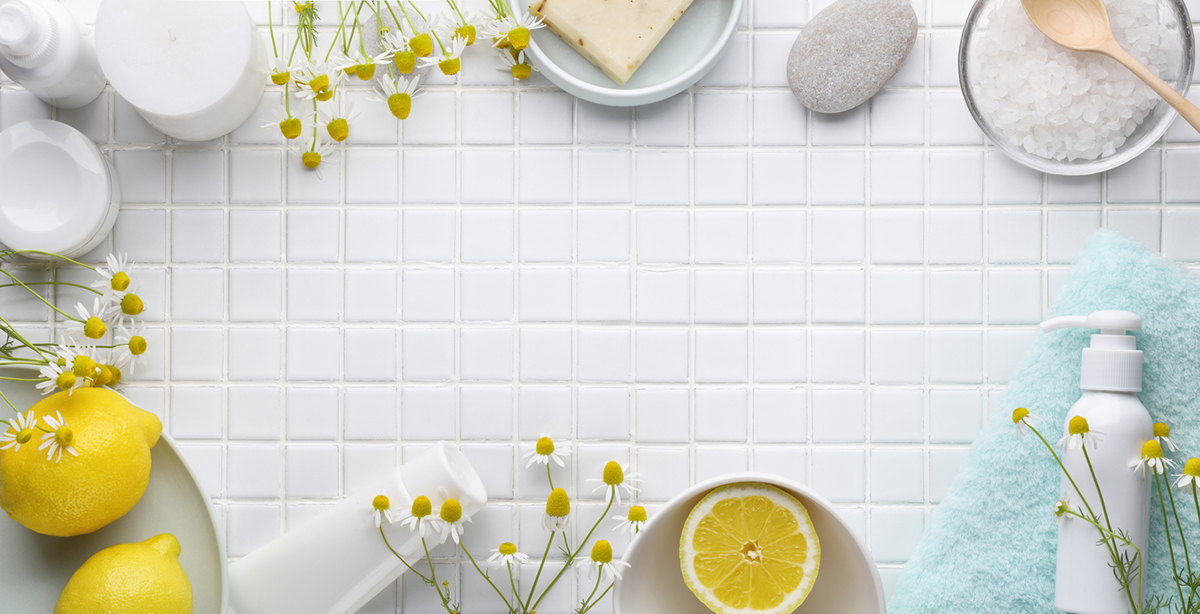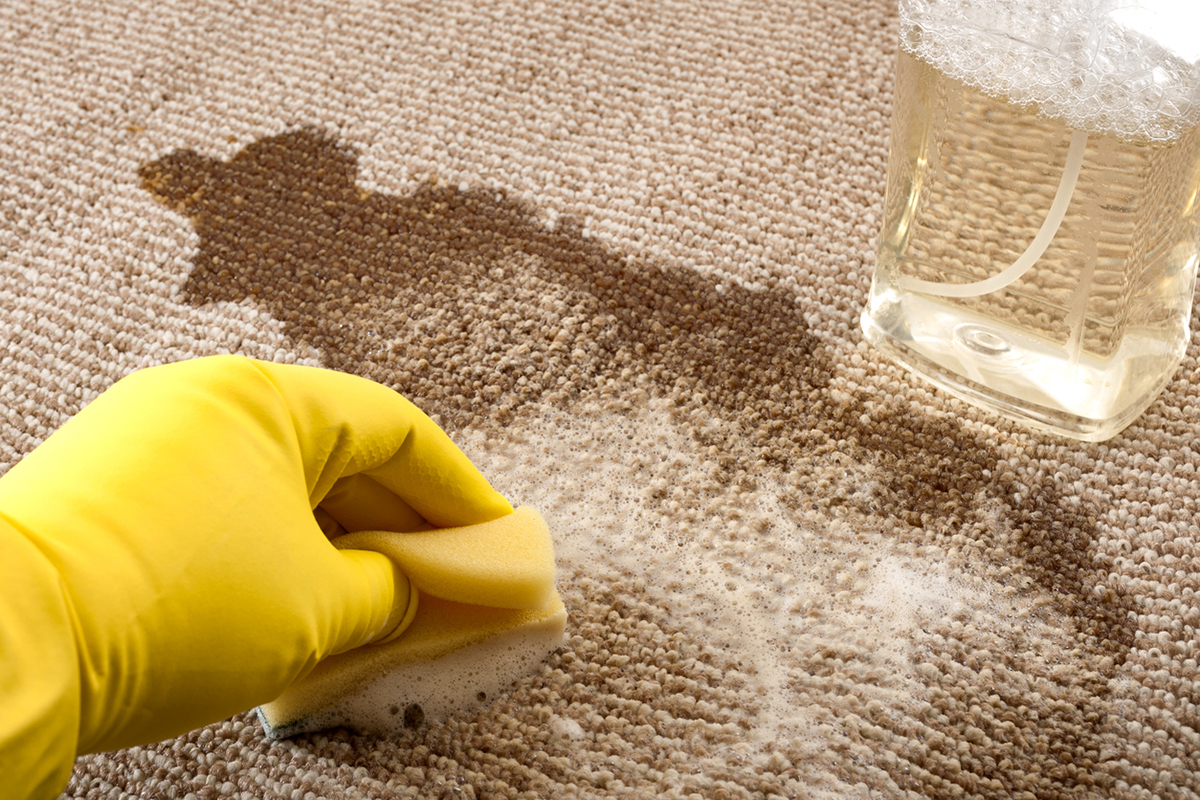If you’ve been spending hundreds of dollars on cleaning sprays, wipes and other solutions, it’s time consider the things you already own. Vinegar, baking soda, and even lemons can serve as powerful and versatile cleaners for many areas of your home.

White vinegar
White vinegar is incredibly powerful and one of the most important products to have at your disposal for effective and fast cleaning. While it should not be used on natural stone, such as marble, it will do a marvellous job on countless other materials. It is especially great in bathrooms, as it easily removes soap scum, shower-head build-up and mildew. It brightens sinks, toilets, tiled floors, windows, and mirrors. You can even add some vinegar to your laundry cycle, as it serves as a natural fabric softener that gets rid of static. Alternatively, use it to raise carpet stains, and to get rid of grime. If you have kids, vinegar is a safe alternative for cleaning toys, and gets rid of residue from stickers that might have been attached to walls and furniture. The strong smell of vinegar evaporates quickly, and is ultimately much safer and more environmentally friendly than harsh chemicals. Be careful not to mix vinegar with bleach, however, as it creates toxicity and becomes dangerous to breathe in.
Baking soda
Baking soda is another multi-use product. It will turn grimy ovens and cooktops into shiny appliances that are much more appealing to use. When combined with vinegar, it will unclog stubborn drains much more effectively than many expensive, commercial products. An open box in the fridge or even your closet will absorb bad smells indefinitely. Every now and again, you can run some water and baking soda through your coffee machine, which will effectively clear all the residue. After that, why not directly use it to get rid of those long-lasting coffee and tea stains on your cups as well?

Coke
The popular international beverage is also a fantastic solution if you need to polish brass, copper, or chrome. Its citric acid is erosive and so commonly used by mechanics and amateurs alike to get rid of corrosion on car batteries. If you have tiles that have accumulated grout, as is especially common outdoors, you can spill some coke in between them and let it rest. For more stubborn dirt, soak the floor in coke and later scrub the grout out with a cleaning toothbrush.
Lemon fruit
It’s for good reason that so many cleaning products are lemon-scented or even straight-up contain citrus extract. But there is no need to splurge on them if you can get the job done with the actual fruit. Most cleaners that contain lemon are made for the bathroom, mainly because citrus is particularly good at shining white surfaces, such as sinks and toilet bowls and because it leaves behind a pleasant, fresh smell. Lemons also work miracles on glass and they will even get tough stains out of clothes, returning them to their bright, white colour. If you have brass or copper in the house, lemon juice will also help maintain its shine.

Mayonnaise
A very specific but highly effective solution for your home is to spread mayonnaise on wooden surfaces that are marked by water circles. This tends to happen when drinks are left on the table without coasters, the condensation forming circles that can ruin the wood. If you spread mayonnaise on the surface and leave it overnight, the table will be as good as new and the spread will even return some of its original, natural shine. If you find the surface too oily, give the table a gentle wipe-down with some water and baking soda. Do not use vinegar, as it can damage the finish of the wood.
Rubbing alcohol
Rubbing alcohol is a very strong liquid that is sure to get rid of tough stains, such as ink spills, and that will do wonders for your old sponges and cloths. If there’s a stain in your carpet, some rubbing alcohol will do the trick and get it looking as good as new. It can also be used to disinfect things like earrings and piercings, as they pose a risk of infection if they are worn without cleaning. However, always be careful with how you use rubbing alcohol. It should be applied in ventilated areas, as it creates strong fumes that are not healthy to breathe in, and it should never be used on surfaces likes hobs, as it is highly flammable.




